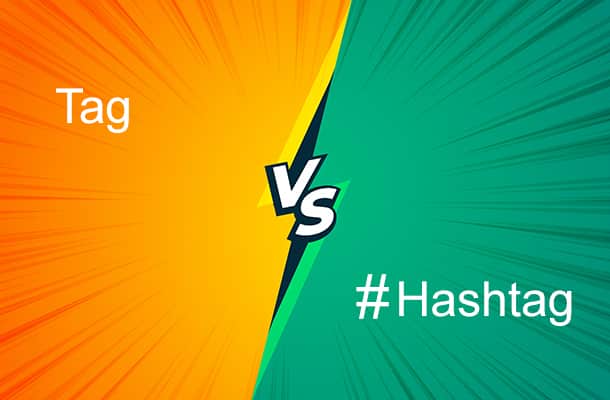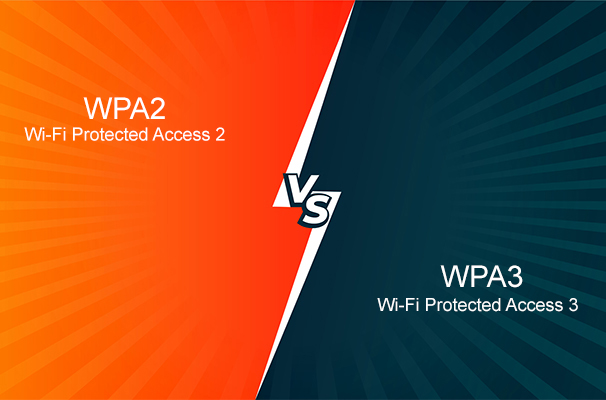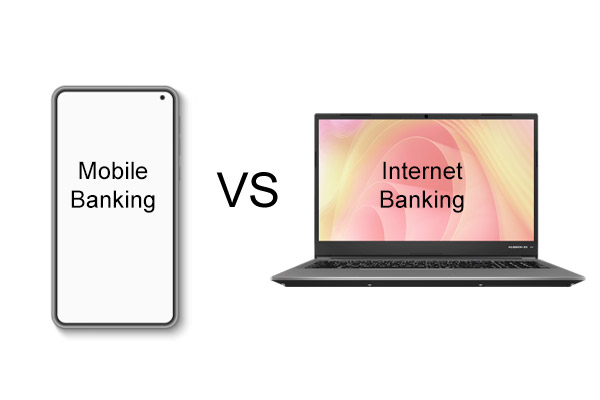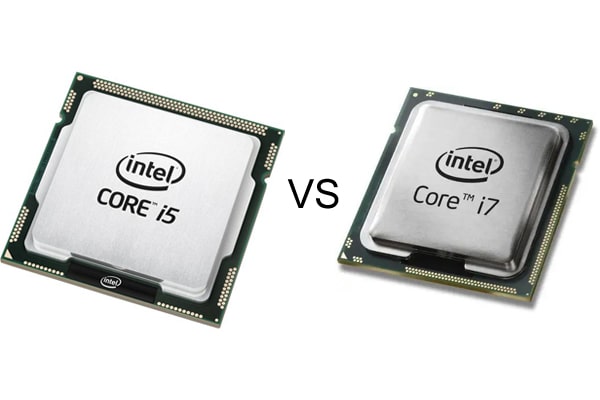Take a deep dive into the world of mobile operating systems with our comprehensive comparison of Microsoft’s Windows Mobile and Google Android. Unravel the unique characteristics of each – from their distinct architectures and user interfaces to their divergent app ecosystems and market shares. Delve into how Windows Mobile’s traditional, desktop-like experience contrasts with Android’s customizable, touch-centric interface. Explore the implications of Android’s open-source nature and its leading position in the market. This article offers you an informative guide, helping you understand and navigate these two mobile operating systems. Don’t miss out on this tech knowledge tour!
What is Microsoft Windows Mobile
Let’s set sail on a journey into the world of Microsoft’s Windows Mobile. A pioneering figure in mobile operating systems, Windows Mobile first entered the scene in 2000 under the guise of Pocket PC before donning its current moniker in 2003. Catering to an array of devices, from cellphones to handheld computers, its versatility is noteworthy.
- Beneath its skin, Windows Mobile carries the robustness of the Windows CE kernel, a compact yet powerful operating system that forms the architecture’s backbone. It’s a platform where applications perform their magic and where users encounter a user interface strikingly similar to the familiar Windows desktop.
- Navigating through Windows Mobile, you’ll find echoes of its desktop counterpart: a Start menu, taskbar, and individual windows. Designed for both touchscreens and standard keyboards, its stylus input and text-entry virtual keyboard shine in providing a seamless user experience.
- Over the years, Windows Mobile has morphed through several major versions – 2003, 5, 6, and 6.5 – each packed with exciting enhancements and features. Catering to specific device types, you’ll also find specialized editions like the Pocket PC Edition for touch-based devices and the Smartphone Edition for non-touch devices.
- When it comes to apps, Windows Mobile sports a spectrum from productivity tools to multimedia programs, with developers flexing their coding muscles in C++, C#, and Visual Basic.NET. However, in comparison to giants like Android and iOS, its app directory, while diverse, is not as extensive. Dive in to explore more!
What is Google Android
Let’s dive into the dynamic universe of Google Android, a titan in the world of mobile operating systems. Birthed by Google in 2008, Android has since etched its name across a spectrum of devices, including smartphones, tablets, and smart TVs, claiming a prime spot in digital lifestyle.
- What makes Android unique? For starters, it’s an open-source operating system, grounded in the reliable Linux kernel. Its open-source nature invites developers worldwide to access and modify its source code, nurturing an environment ripe for collaboration and adaptability.
- The Android experience is a fusion of practicality and personalization. Its touch-centric user interface, complemented by customizable home screens and widgets, makes navigation a breeze. A swipe of the notification shade keeps you updated and in control. Although this core Android experience is universal, device manufacturers often adorn it with their unique skins and customizations, resulting in diverse user interfaces across devices.
- With every sunrise, Android evolves. Regular updates and versions carry fresh features, performance enhancements, and vital security updates. However, this doesn’t translate to uniformity across devices. Due to customizations by device manufacturers and carriers, the availability and timing of these updates can vary.
Main Difference Between Windows Mobile and Google Android
| Characteristic | Windows Mobile | Google Android |
| App Ecosystem | Limited app selection | Vast app ecosystem through Google Play Store |
| Architecture | Based on Windows CE kernel | Based on Linux kernel |
| Hardware Compatibility | Limited compatibility | Wide range of hardware compatibility |
| Market Share | Declining market share | Dominant market share |
| Integration with Services | Emphasized Microsoft services integration | Deep integration with Google services |
| User Interface | Traditional desktop-like interface | Touch-centric interface with customizable home screens |
| Source Code | Closed-source | Open-source |
| System Updates | Less frequent updates | Regular updates with new features |
| Customizability | Limited device and UI customization | Extensive device and UI customization |
| App Development | C++, C#, and Visual Basic.NET | Java and Kotlin |
FAQs
Is Windows Mobile still supported by Microsoft?
As of January 14, 2020, Microsoft officially ended support for Windows Mobile. This means that there won’t be any further updates, including security updates. Users are encouraged to switch to supported platforms.
How does the open-source nature of Android impact its users?
Android’s open-source nature allows developers to customize and enhance the platform. This results in a wide variety of Android versions and a broad range of apps available to users. It also fosters innovation and rapid evolution in the Android ecosystem.
Why does the Android system have a larger app ecosystem than Windows Mobile?
Android’s larger app ecosystem can be attributed to its widespread adoption, open-source nature, and support from Google. This creates a more attractive environment for app developers, resulting in a broader range of applications available for Android users.
Can Windows Mobile apps run on Android, or vice versa?
Generally, apps made for one system cannot run on the other due to the different underlying architectures. However, some developers may offer versions of their apps for both platforms.
Is it easier to develop an app for Android or Windows Mobile?
It largely depends on the developer’s skill set and the resources at their disposal. However, with a larger user base and more comprehensive support from Google, many developers find Android a more attractive platform for app development.
Conclusion
As we conclude our voyage through the intricacies of Microsoft Windows Mobile and Google Android, it’s clear that each operating system holds its unique charms and challenges. Whether it’s the familiar desktop-like interface of Windows Mobile or the versatile open-source nature of Android, understanding their distinct features enables smarter device choices. Ultimately, your preference depends on your individual needs and priorities. From the app ecosystem to user interfaces, hardware compatibility to service integration, this article has aimed to unravel the complex tapestry of these two tech titans.





